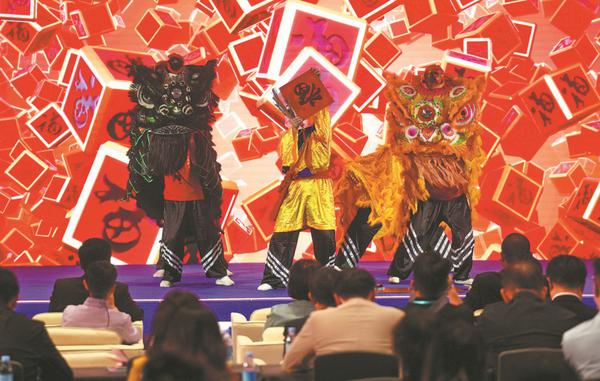
A lion dance performance is put on during the Forum on Building Cultural Strength and Promoting Digital Intelligence of the Greater Bay Area at the Shenzhen World Exhibition &Convention Center in Shenzhen, Guangdong province, on Tuesday. (Photo by Adam Lam/China Daily)
Prominent cultural figures highlighted on Tuesday that the Guangdong-Hong Kong-Macao Greater Bay Area — a thriving model of cultural integration — could set a global benchmark for good governance by harnessing technological innovation to strengthen cultural preservation and exchange.
Their remarks were made at the Forum on Building Cultural Strength and Promoting Digital Intelligence of the Greater Bay Area, one of the 10 parallel events that are part of the Forum on Building up China's Cultural Strength 2025 hosted on Monday and Tuesday in Shenzhen, Guangdong province.
Wu Zhiliang, chairman of the Federation of Associations of Cultural Sectors of Macau, said during his thematic speech that the Greater Bay Area retains unique cultural genes shaped by the exploratory DNA from the ancient Baiyue community, enriched by the culture of the Central Plains, or Zhongyuan area, and refined through the progress of globalization.
In Wu's opinion, the convergence of different cultures fueled the region's inclusiveness.
"In Macao, we can see the Na Tcha Temple and the Ruins of Saint Paul's College are not far apart, and the Portuguese-style stone road blends with the Guangdong vernacular architectures," he said.
Wu said he believes the centuries-old harmonious coexistence of the Eastern and the Western cultural architectures offers a blueprint for promoting exchanges and mutual learning among civilizations, providing an innovative model for today's global cultural governance.
Wu proposed that the Greater Bay Area experience offers a third way for cultural engagement — one that transcends both cultural hegemony and protectionism. He suggested this model could emerge as a new global paradigm for fostering cross-cultural dialogue.
Within this framework, Wu said that digital technologies serve a dual purpose: preserving historical and cultural heritage, and generating economic value across industries.
Technology is also seen as a key booster to strengthen cultural prowess, said Li Tsz-shu, vice-president of public affairs at Shenzhen-based IT colossus Tencent, during a speech at the event.
"Technology acts as the translator and catalyst of culture, helping traditional culture find the connection points with modern life," Li said.
Li outlined Tencent's endeavors in using digital technologies to preserve, revitalize and promote cultural heritage, adding that recent technological advancements, represented by artificial intelligence and virtual reality, have been reshaping means of communication and fostering deeper exchanges between cultures and people.
Digital technology is building a "digital vault" that not only permanently preserves the original appearance of cultural heritage, but also enables viewers to dissolve spatiotemporal barriers to appreciate cultural treasures and establish sentimental bonds with them, Li said.
Looked at in terms of there being a global cultural competition, the technology-culture fusion in the Greater Bay Area — the frontier where Chinese and Western culture blends — can help enhance the nation's soft power and facilitate global exchanges, Li added.
In a separate address, Liu Shuyong, deputy chief editor of the Hong Kong Chronicles Institute, said a priority in building the cultural strength of the Greater Bay Area is enhancing regional cultural cohesion.
This year marks the 80th anniversary of China's victory in the War of Resistance Against Japanese Aggression (1931-45), and Liu said this point in time can serve as an opportunity to promote the patriotism and the fighting spirit demonstrated in the anti-aggression war.
This would help Hong Kong's and Macao's young people consciously integrate into the nation's development, boost their confidence during difficult times, and contribute to world peace and development, said Liu.
Also at the forum, Chinese actor Zhang Guoli, founder of a Shenzhen-based drama troupe, praised the Greater Bay Area's forward-looking and comprehensive policy support for the arts and cultural industry.
Zhang said drama can serve as the "glue" for cultural integration in the Greater Bay Area and said he hopes more high-quality cultural content will be created within the favorable environment of Shenzhen, and then spread around the entire country.









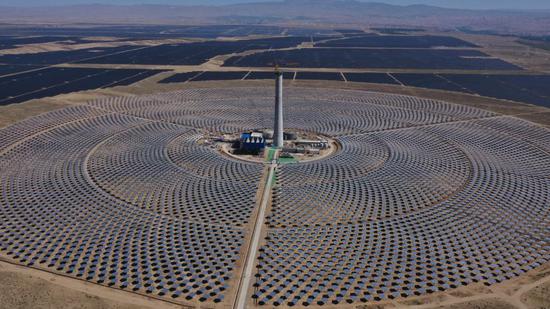
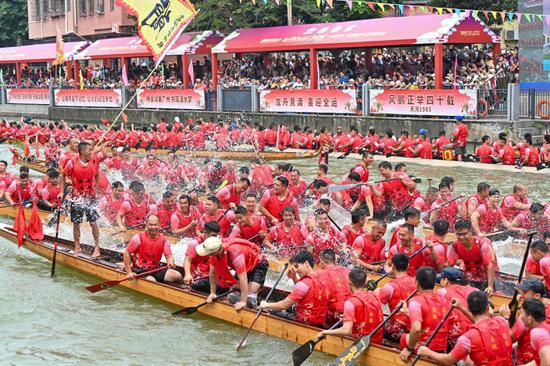
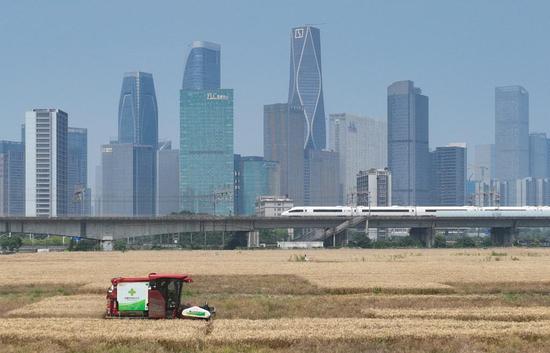
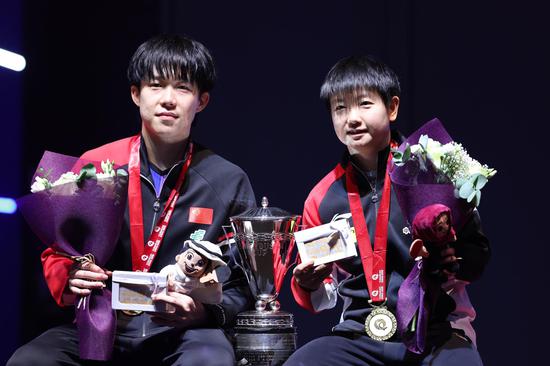
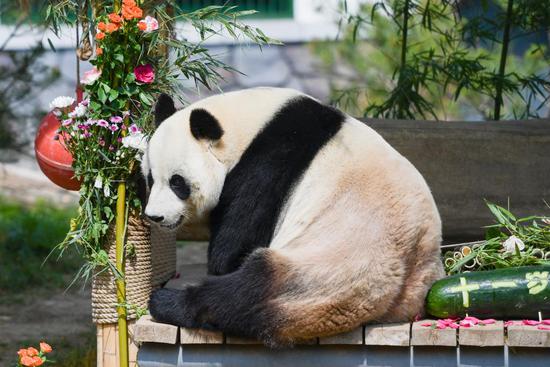

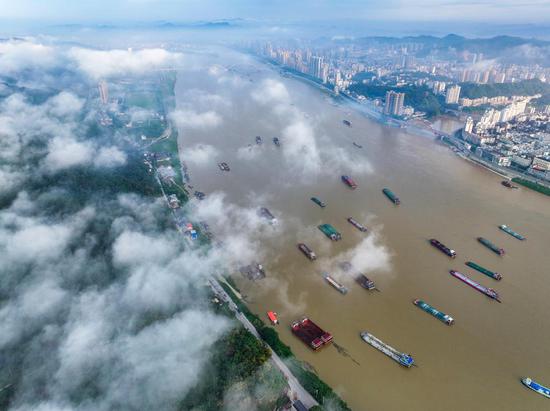

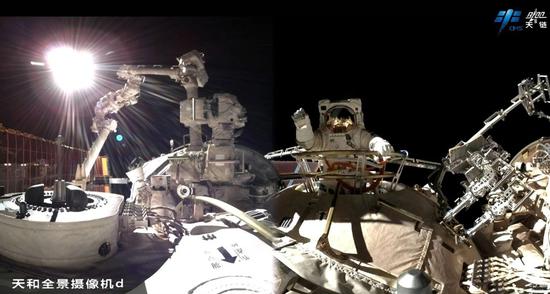
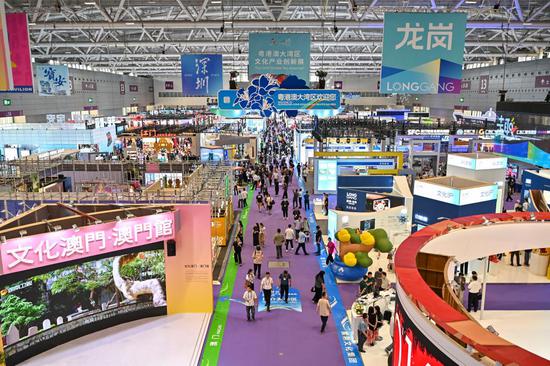
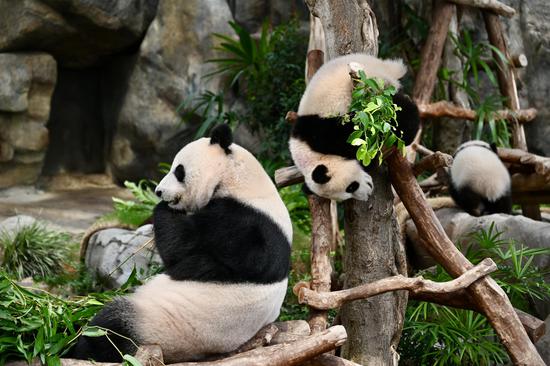


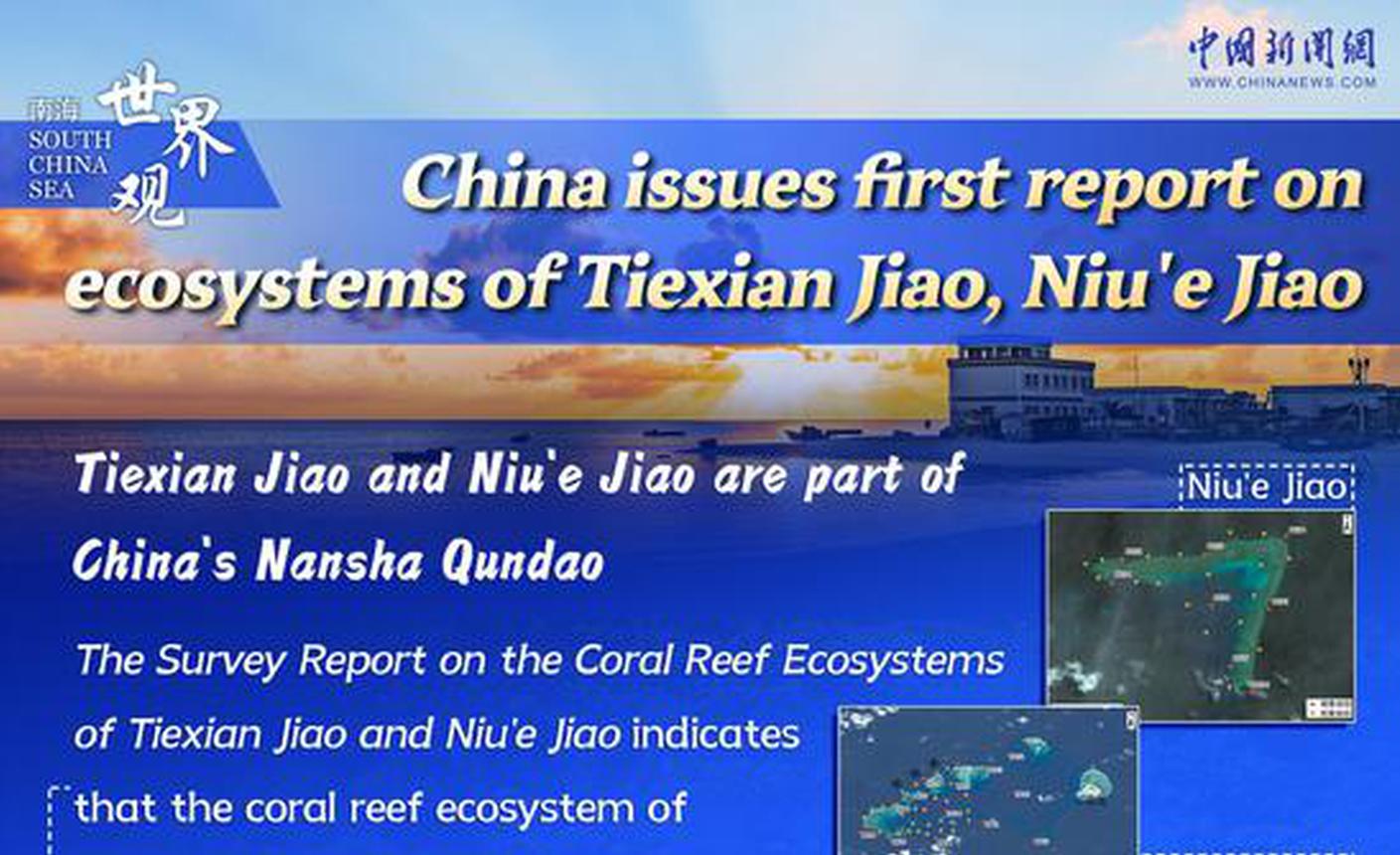
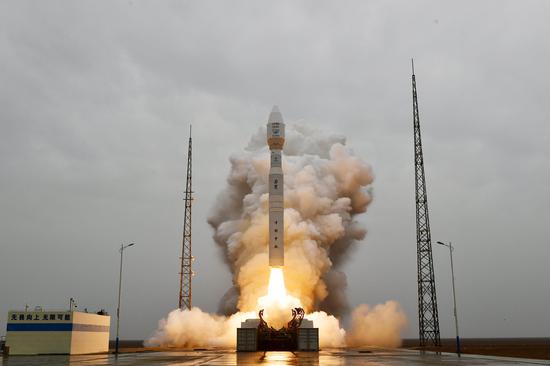
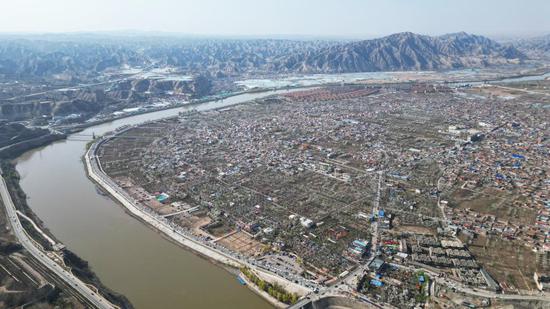

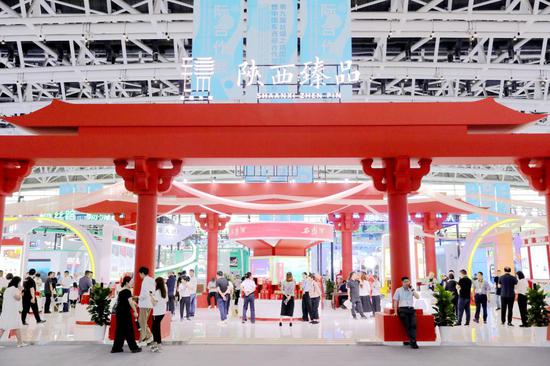
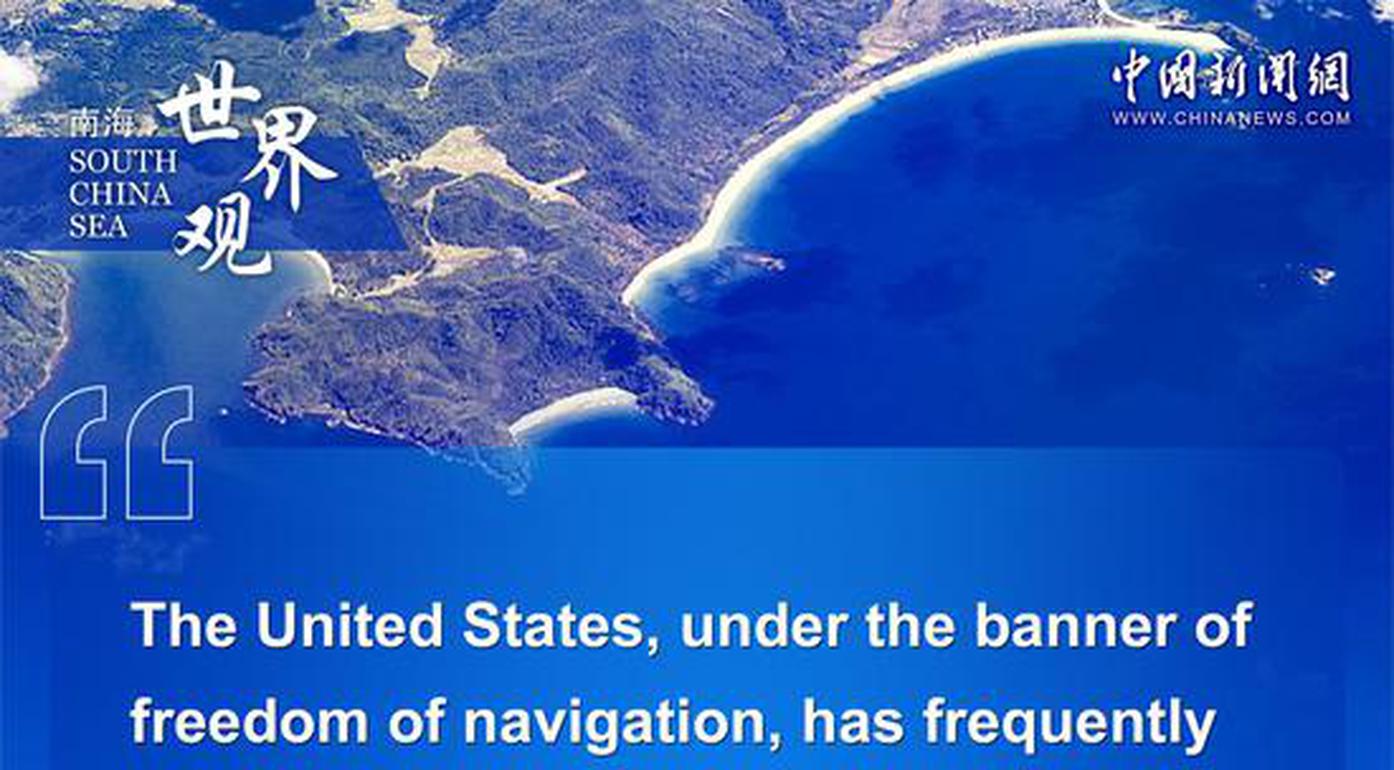








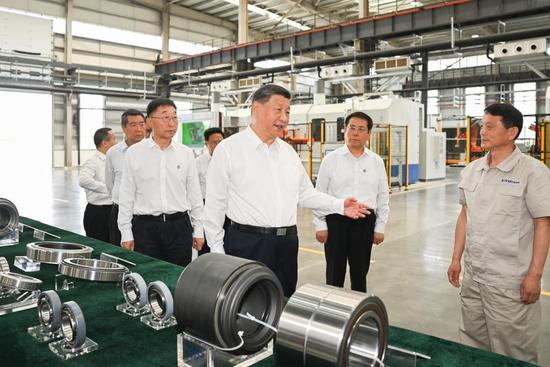
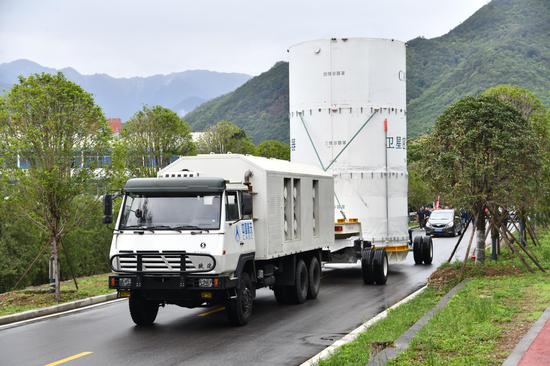

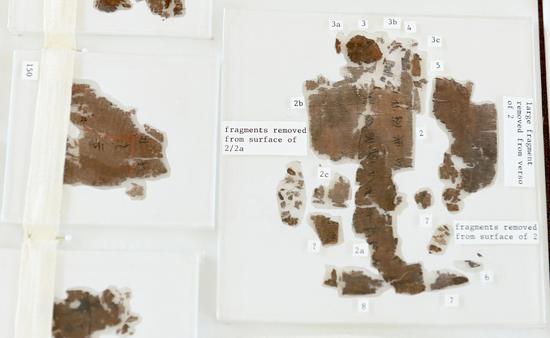
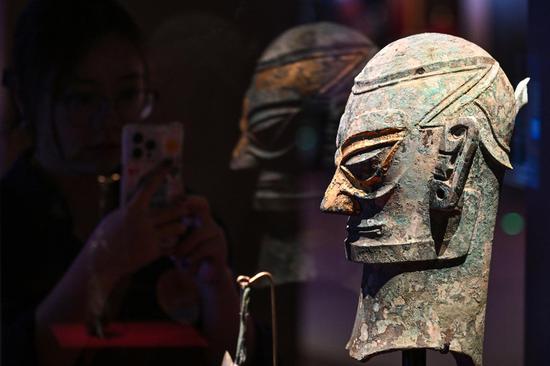

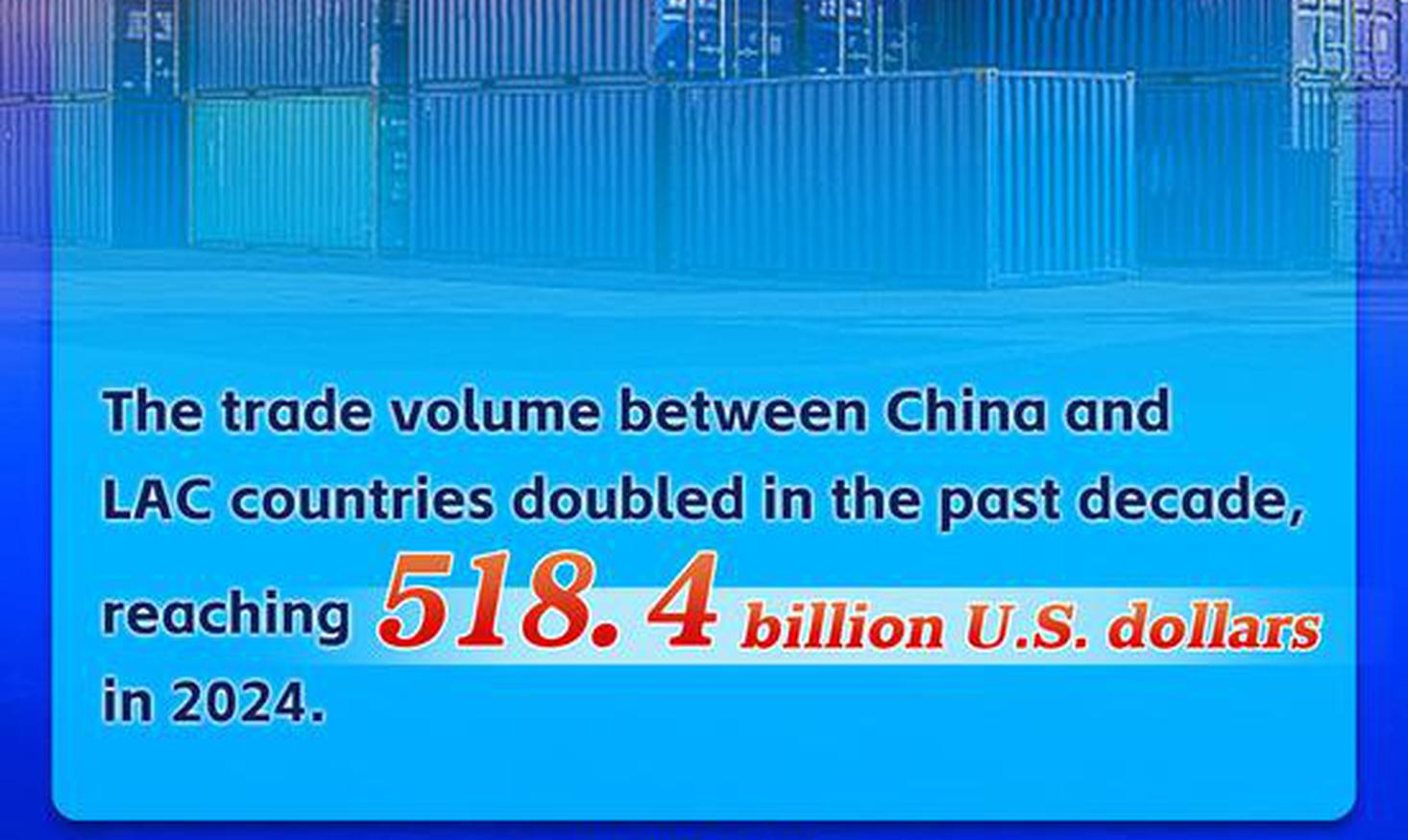
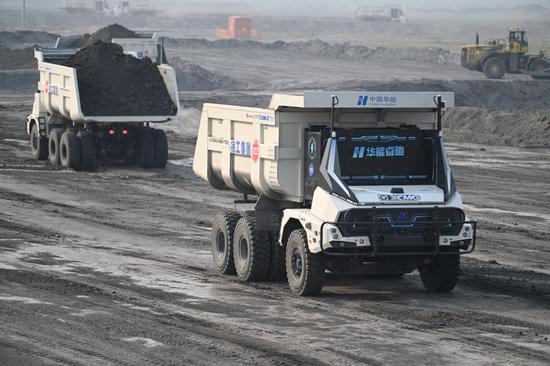
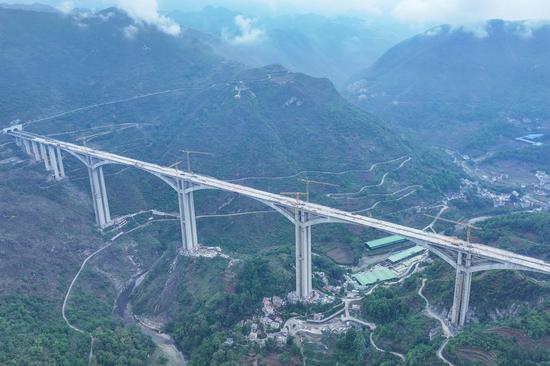

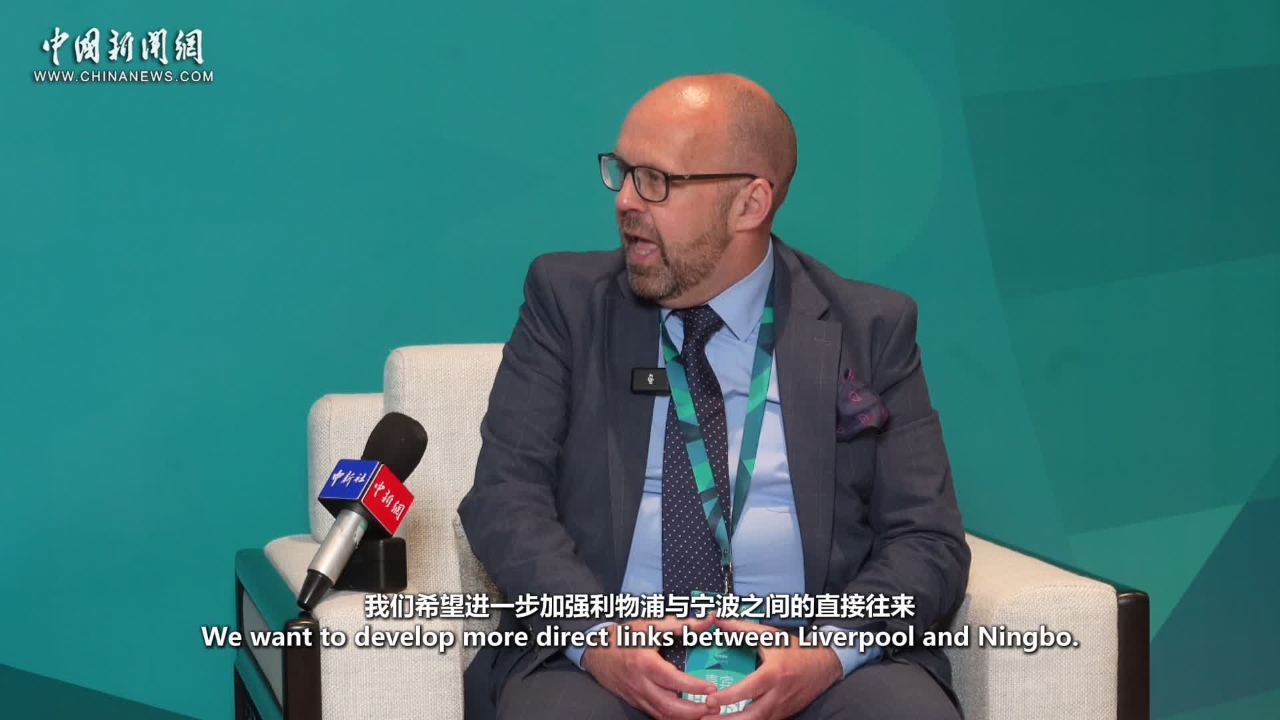

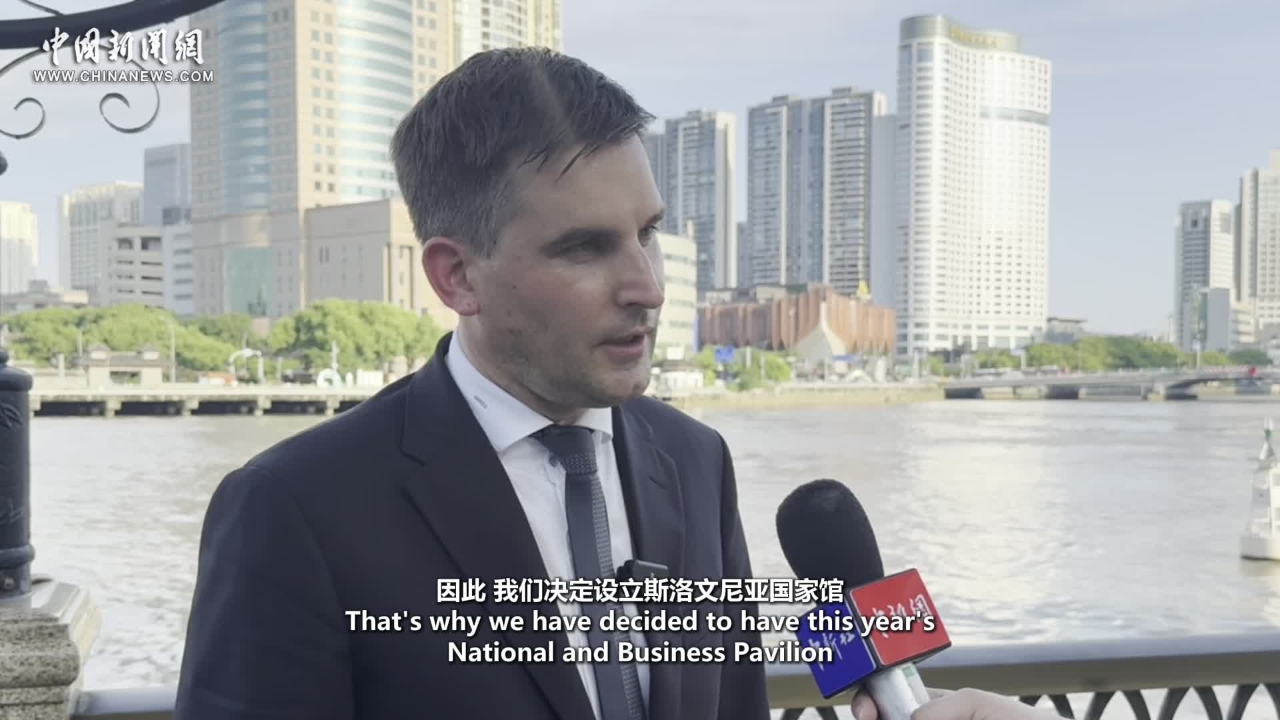

 京公網安備 11010202009201號
京公網安備 11010202009201號